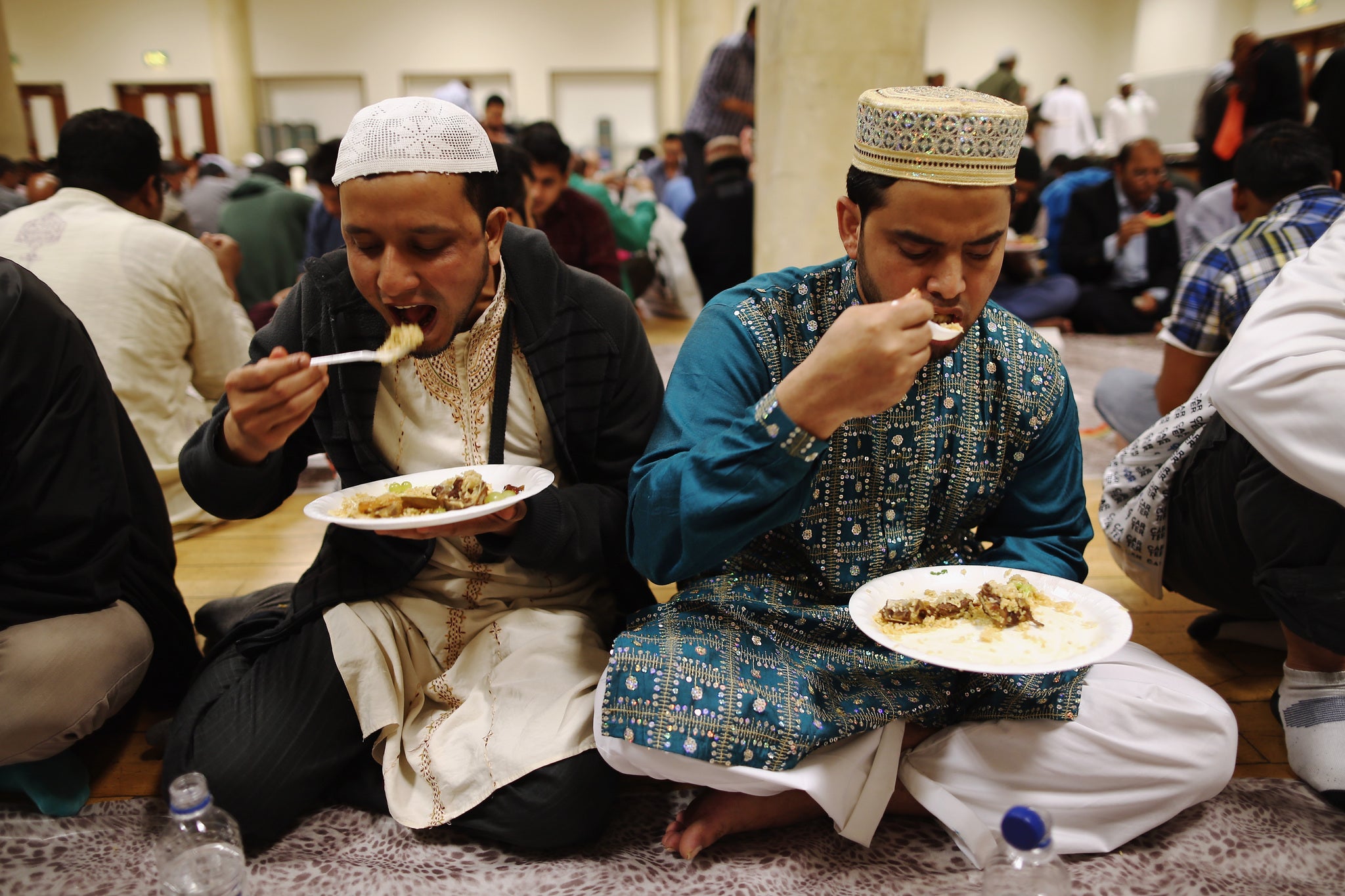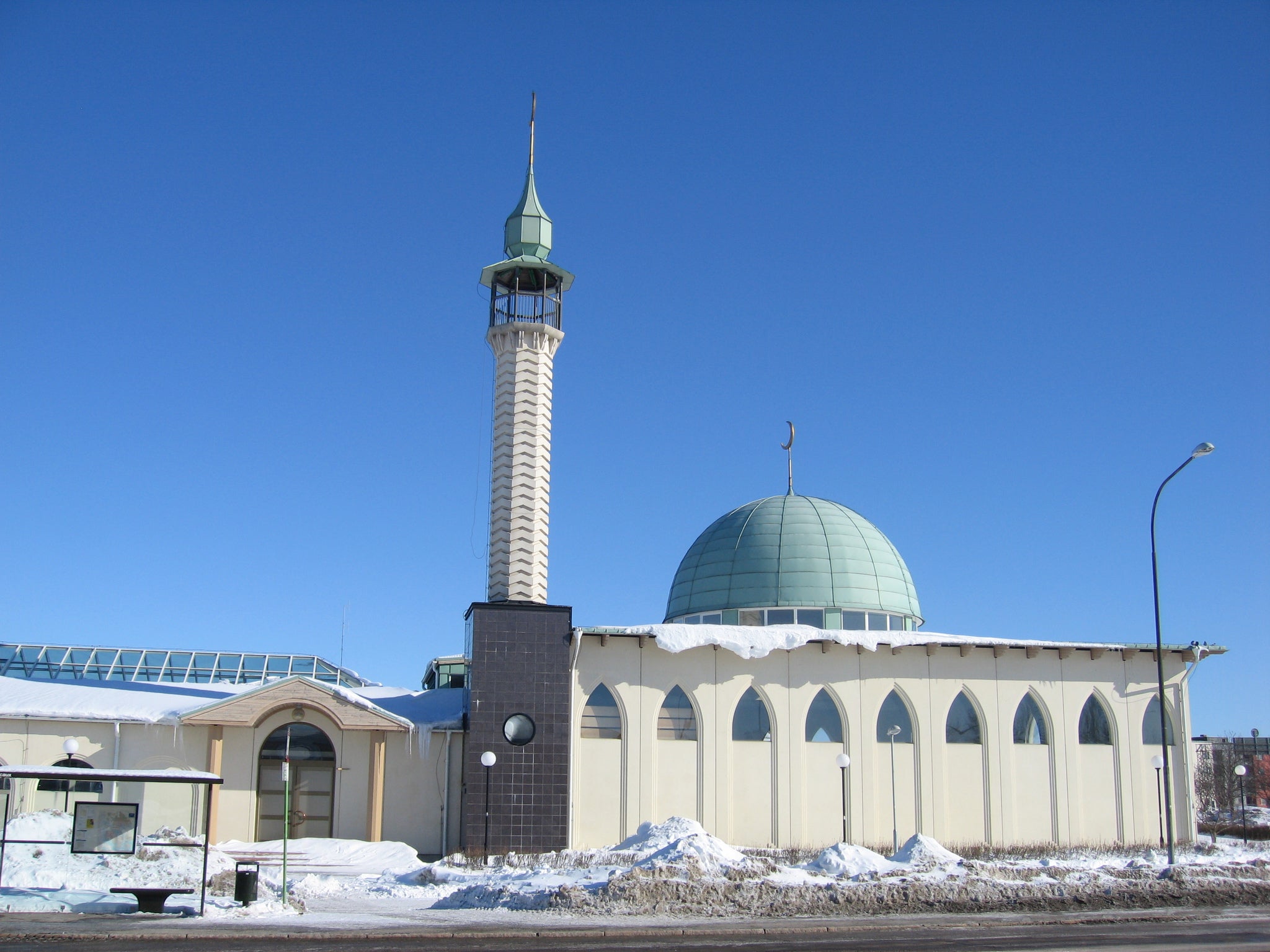Ramadan 2015: As holy month approaches, debate emerges over how long Muslims in northern Europe should fast
How do you observe Ramadan when you're so far north that the sun never sets?

Your support helps us to tell the story
From reproductive rights to climate change to Big Tech, The Independent is on the ground when the story is developing. Whether it's investigating the financials of Elon Musk's pro-Trump PAC or producing our latest documentary, 'The A Word', which shines a light on the American women fighting for reproductive rights, we know how important it is to parse out the facts from the messaging.
At such a critical moment in US history, we need reporters on the ground. Your donation allows us to keep sending journalists to speak to both sides of the story.
The Independent is trusted by Americans across the entire political spectrum. And unlike many other quality news outlets, we choose not to lock Americans out of our reporting and analysis with paywalls. We believe quality journalism should be available to everyone, paid for by those who can afford it.
Your support makes all the difference.As the Muslim holy month of Ramadan approaches, and British Muslims prepare for four weeks of fasting during daylight hours, a perennial debate on changing the Ramadan observance times in northern regions has sprung up again.
Dr Usama Haswan, an Islamic researcher from anti-extremism group Quilliam, has said that it would make more sense for Muslims in the UK to follow Mecca timings, as daylight lasts much longer this far north than it does in the Middle East.

In Mecca, daylight during Ramadan usually lasts from around 12 to 13 hours. In the southern part of the UK, it typically lasts around 16 hours or more, and the timings mean that observers will have to wake up at around 4am if they want to eat in the morning.
As the start of Ramadan is based on the first sighting of the new moon, it comes earlier and earlier each year. For the last few years, however, it has occurred during summer, meaning a much longer fasting time. This year, Ramadan will begin on 18 June.
Dr Hasan said that Islamic law is about balance, and reducing the fasting hours to something more reasonable is more sensible.
However, things get worse the further north you go. In Aberdeen, more than 500 miles north of London, daylight will last for around 18 hours during Ramadan.
And elsewhere in northern Europe, such as the far north of Sweden, the sun may only set for a couple of hours a day, if at all.
In Kiruna, Sweden's northernmost town, the sun has not set this month - and it's not going to go down before August.
This leaves Swedish muslims in a tricky position, as observing the fast and consuming no food or water would kill them in a matter of days.
There is no agreed-upon standard - some Muslims choose to observe Mecca time, others observe the timings of their own country.

Mohammed Kharaki, a spokesman for Sweden's Islamic Association, said the organisation had this week issued guidelines that said Muslims should fast between the times that the sun was last clearly seen to rise and fall - despite this concession, this could well amount to a 19-hour fast.
However, he also advised against being too strict with the daylight rule.
Speaking to AFP, he said: "People can try to fast for 19 hours but not handle it. That's not the idea... If you don't manage to do your work or stay on your feet, then it's time to break the fast."
However, even with a lengthy fast for British Muslims, the vast majority are adamant that they will observe it, no matter how difficult it is.
Join our commenting forum
Join thought-provoking conversations, follow other Independent readers and see their replies
Comments